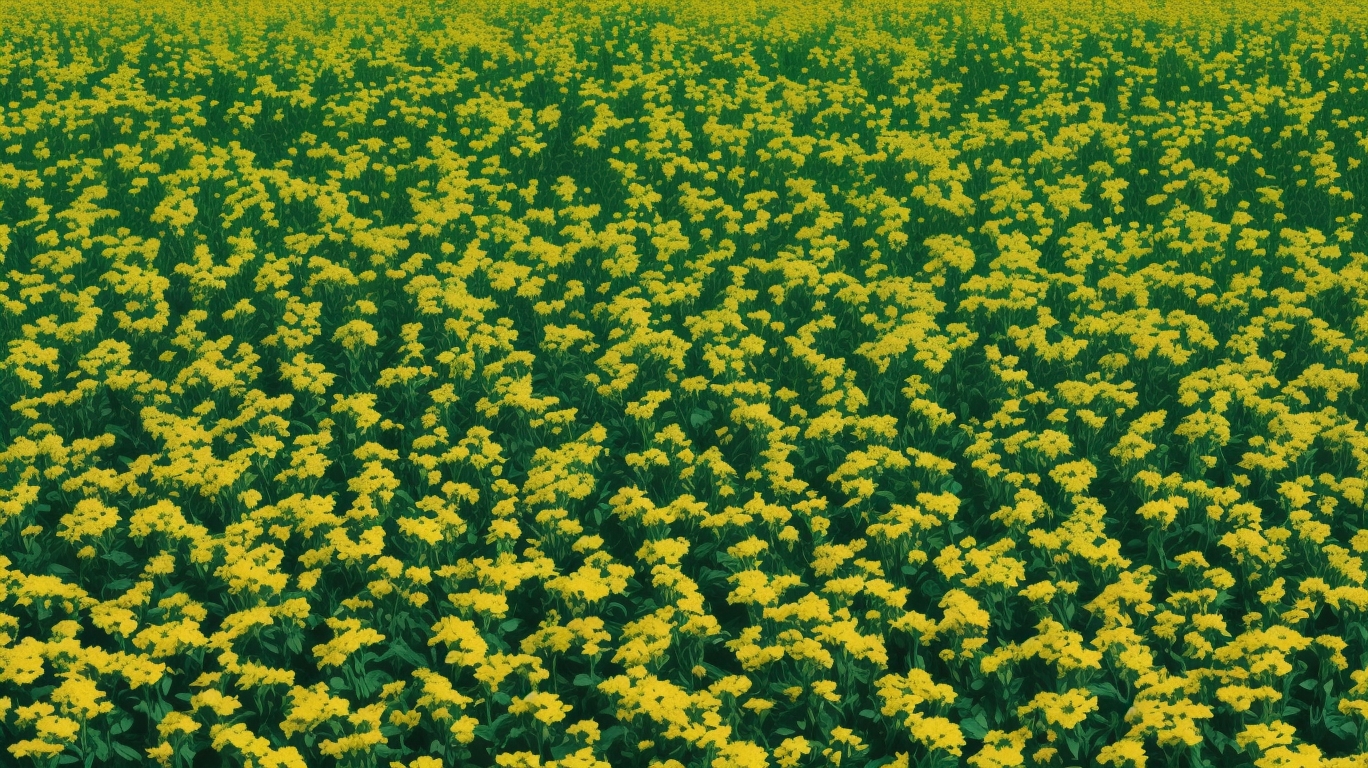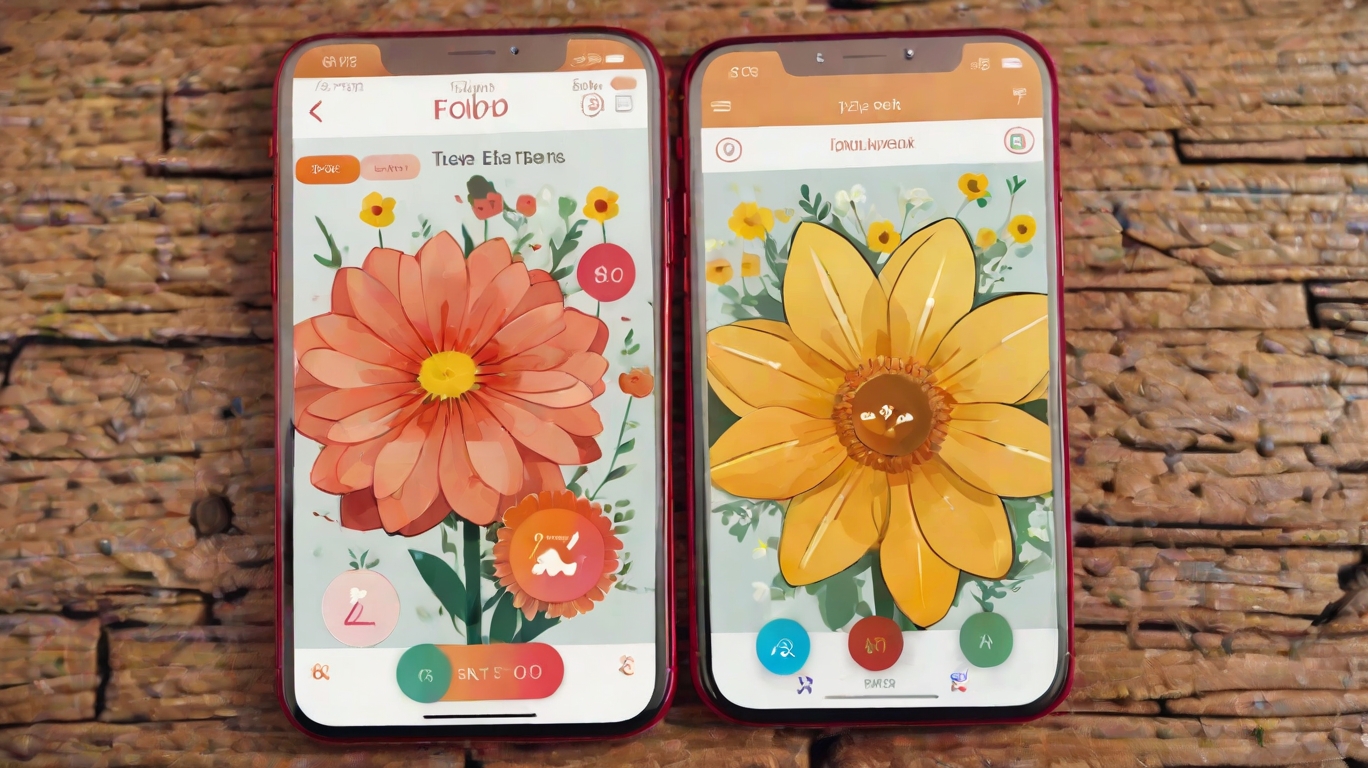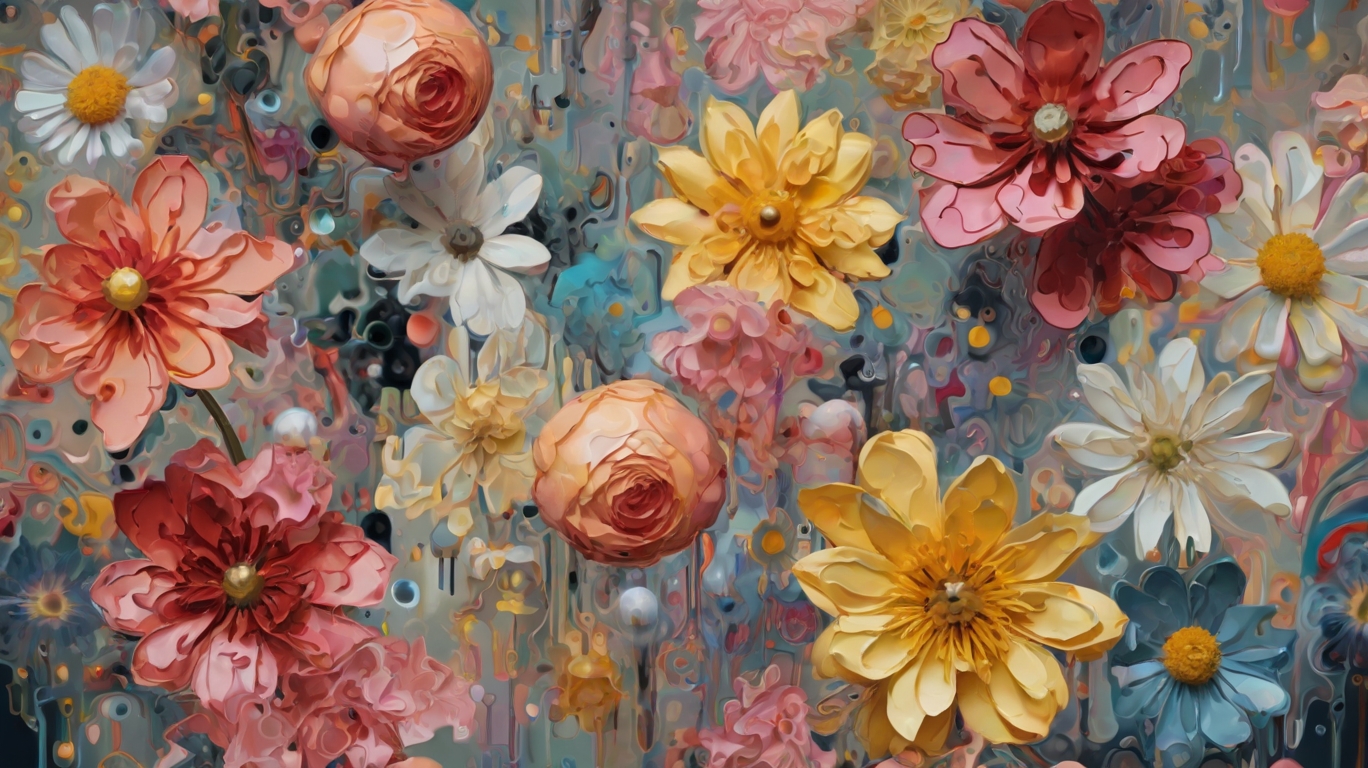**World’s Leading AI Scientist Develops Groundbreaking Tool to Identify Which Flowers Will Judge You**
In a stunning advancement that has left the botanical world spiraling into existential crisis, leading AI scientists have successfully trained a neural network to classify flowers with the computational elegance of a hyper-caffeinated bee. The development of this revolutionary flower classifier, running on MobileNetV2 and TensorFlow, promises to reveal the not-so-friendly judgements of your garden flora.
According to Dr. Petal Blossom, head of AI and Horticultural Relations, “For decades, we’ve basked in the illusion that flowers exist purely to sparkle in the sunlight and brighten up funerals, but our classifier unveils a darker truth. Roses are the Regina Georges of the botanical realm, silently critiquing your life choices.”
The AI, which is capable of identifying myriad flower species, has reportedly been overheard passing judgmental comments about users’ gardening abilities. “It seems some marigolds think your style is entirely too 2019,” Blossom added, with a slight smirk. “We’ve opened a Pandora’s box of plant preferences, and we’re quite enjoying the show.”
In field trials, users have reported mixed interactions with their newly opinionated flower beds. Gerald Greenthumb, an avid gardener from Vermont, was initially thrilled to identify his asters. “It was all wonderful until the begonias told me they preferred the neighbor’s garden,” he lamented. “Now I can’t help but feel they’re plotting a hostile takeover.”
Meanwhile, the AI community is abuzz with excitement over the potential expansion into other domains. “If we can train it to navigate the complex social hierarchy of Plantasia,” mused Professor Leaf Trunkstein, AI theorist and tree whisperer, “surely we can create AI that will finally tell us why cats insist on interrupting Zoom calls or why socks disappear in the laundry.”
However, not everyone is enamored with this botanical breakthrough. A coalition of florists, petal artists, and flower therapists has filed a formal protest, claiming that the new AI will create undue stress for tulips, which are notoriously sensitive about personal space.
Despite the growing controversy, the flower classifier continues to blossom in popularity. As more users download the program, becoming unwittingly entangled in the sap-splattered social hierarchy of flowers, one thing becomes clear: the garden is a far less innocent place than we once believed.




